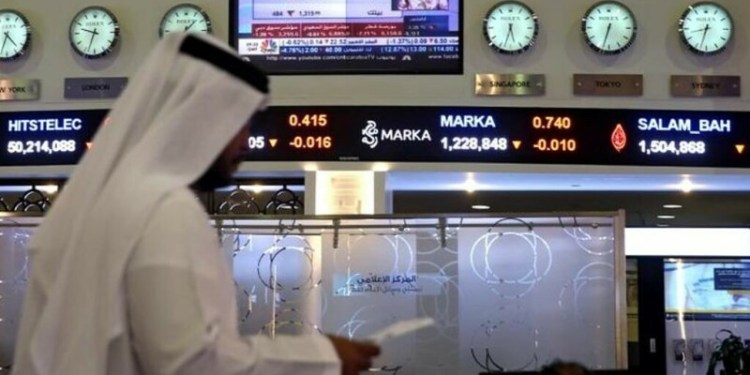 © Reuters. Britain’s Prime Minister Theresa May leaves 10 Downing Street, London
© Reuters. Britain’s Prime Minister Theresa May leaves 10 Downing Street, LondonBy Elizabeth Piper
LONDON (Reuters) – British lawmakers will step up pressure on Prime Minister Theresa May over her Brexit strategy on Thursday, criticizing her refusal to pursue a customs union with the European Union.
In a showdown in parliament, lawmakers, including some members of her Conservative Party, will press the government to include “the establishment of an effective customs union” in its negotiating stance on Britain’s future relationship with the EU.
The, or a, customs union is one of the main flashpoints in the Brexit debate. While any vote in parliament on Thursday is symbolic and not binding on the government, it will be another blow to May if supported by Conservative lawmakers.
May says Britain must leave the EU’s customs union, which sets external tariffs for goods imported into the bloc, so that it can negotiate trade deals with other countries.
Brexit supporters say remaining in any EU grouping will force Britain into becoming a “vassal state”.
Conservative lawmaker Sarah Wollaston said last week she was supporting the motion in what is called an opposition day debate because it is “an opportunity for MPs (members of parliament) to express their view”.
“I’m not voting to make my constituents poorer and to prevent businesses being able to trade as quickly and smoothly with their biggest market,” she wrote on Twitter after the motion was published.
“If government can produce convincing evidence that their new deals will replace what is lost then let’s see it.”
She is joined by other Conservative lawmakers, who have long said that May’s insistence that Britain will leave the EU’s single market and customs union could isolate and harm the world’s fifth largest economy.
They have been emboldened after Britain’s upper house of parliament, the House of Lords, also challenged sticking to what some of her critics say is an unnecessary red line – one which may mean the return of a hard border with EU member Ireland.
The EU has added its weight to the argument, with diplomats and officials saying they would offer Britain a closer relationship if it stays in the customs union, which would help break the latest stalemate in talks.
But May and her ministers have stuck to their position, forced to repeat their mantra almost daily that Britain will be “leaving the customs union and will be free to strike our own trade deals around the world”.
BORDER
May is all but trapped by the deep divisions that have widened since Britain voted in June 2016 to leave the EU.
Since losing her Conservatives’ majority in parliament in an ill-judged election last year, the prime minister is dependent on a small Northern Irish party which opposes a backstop agreement with the EU that would see the province become more aligned with the bloc than with mainland Britain.
The Democratic Unionist Party’s Nigel Dodds told the Conservativehome website on Wednesday that was a “red line”.
“The government’s well aware that when it comes to Brexit and the United Kingdom, the United Kingdom has to leave the European Union and all its institutions together,” he said.
Vocal pro-Brexit campaigners have also held her to her position on the customs union, leaping to protest at any hint she could seek a compromise on ties to prevent a return of a hard border that may reignite sectarian violence.
May is before anything a unionist, her aides say, and will not want to be the prime minister that splits the United Kingdom, with one suggesting she had looked at some form of customs deal along the lines of a union.
But for now, the position is the same.
The government has proposed two ways of overcoming the difficulties of leaving the customs union – a customs partnership and a streamlined customs arrangement, and has yet to offer anything new despite criticism from the EU.
“We think that both of the options that we’ve put forward can address the issue of the Irish border and of facilitating a smooth customs arrangement with the European Union,” May’s spokesman said earlier this week.
Source: Investing.com




























